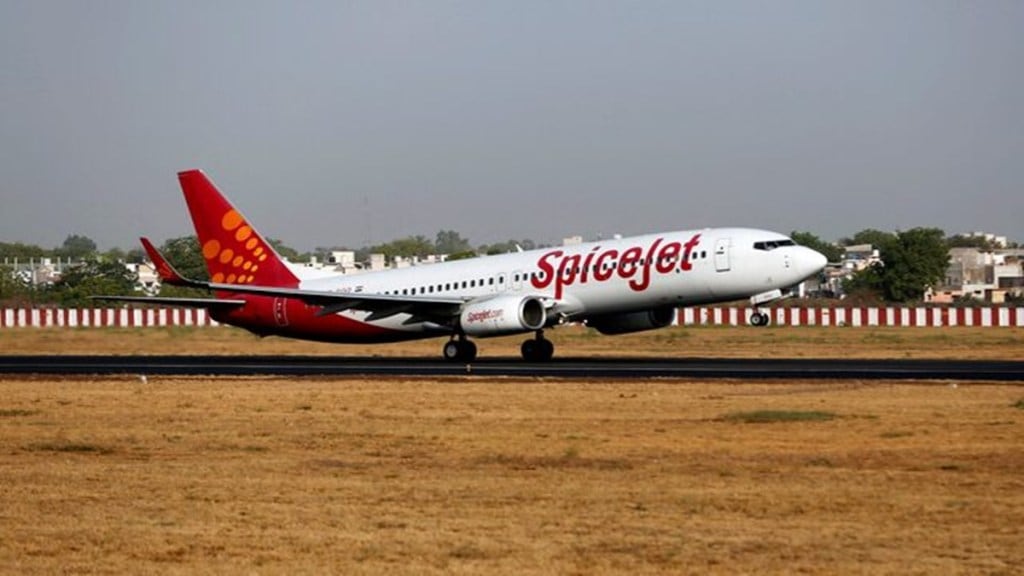Budget carrier SpiceJet on Friday reported a consolidated net loss of Rs 234 crore in the first quarter of FY26 against a net profit of Rs 158 crore in the year-ago period.
The revenue from operations fell 36% year-on-year to Rs 1,060 crore compared with Rs 1,646 crore in the corresponding quarter of the last financial year.
Reasons behind the financial downturn
The budget carrier said its performance was significantly affected by the geopolitical situation with a neighbouring country and airspace restrictions in key markets, which dampened leisure travel demand.
The delay in returning grounded aircraft to service, owing to global supply chain disruptions and engine overhaul challenges, further compounded the situation, it said.
“Despite these headwinds, SpiceJet continues to demonstrate resilience. We are taking decisive steps to enhance fleet reliability, reduce costs, and expand our network. With India’s aviation and tourism sectors among the fastest-growing globally, we remain confident of a strong recovery trajectory in the coming quarters,” Ajay Singh, chairman and managing director, SpiceJet said. The company’s Ebitda loss stood at Rs 18 crore in the first quarter of FY26, compared with Rs 402 crore in Q1FY25.
Passenger revenue per available seat kilometre stood at Rs 4.74 during the quarter.
Signs of resilience and the path to recovery
The passenger load factor remained steady at 86%. The airline’s net worth improved to Rs 446 crore, up from a negative Rs 2,398 crore in Q1FY25, a change the company attributed to successful financial restructuring initiatives.
SpiceJet shares ended 1.6% lower at Rs 34.45. The stock has been a market laggard, with a share price erosion of over 45% over the past year. In 2025 so far, it has declined by 39%.

